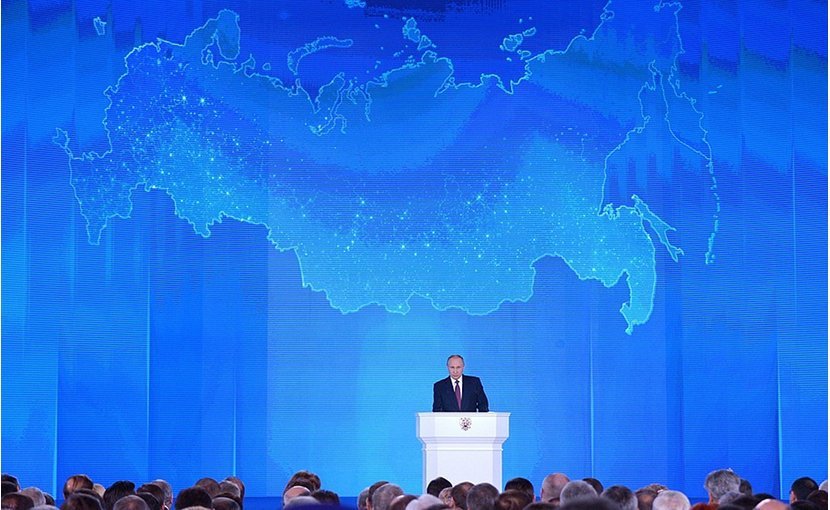(Eurasia Review) A society ignores its technical experts at its peril. Nations that hope to contribute and compete in the modern world require skilled professionals, especially in complex areas such as taxation and banking. Political leaders cannot govern without such professionals.
Power struggles, the essence of politics, often inhibit the most efficient policies. Numerous reform projects are implemented only partially, or in distorted ways, producing unanticipated and undesired outcomes. Such contradictions prompt searches for technocratic mechanisms to improve policy quality and limit the whims of politics. The experience of post-Soviet Russia demonstrates the opportunities and constraints inherent to technocratic mechanisms of governance. In the 1990s, analysts widely perceived competitive and polarized politics as a hindrance to economic transformation. Conversely, in the 2000s, Russia achieved some policy advancements at the expense of degradation of politics. Political support is not a guarantee of policy success, and insulation of policy changes from politics brought mixed results at best. […]
Read More © Eurasia Review











